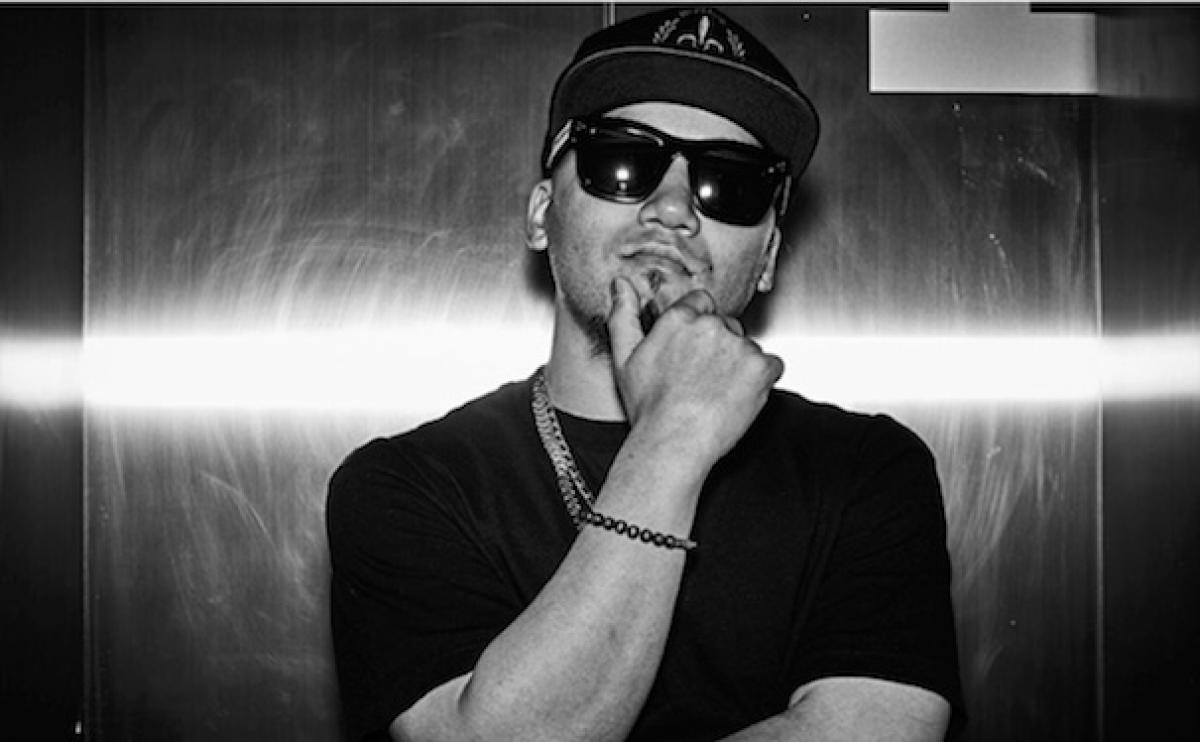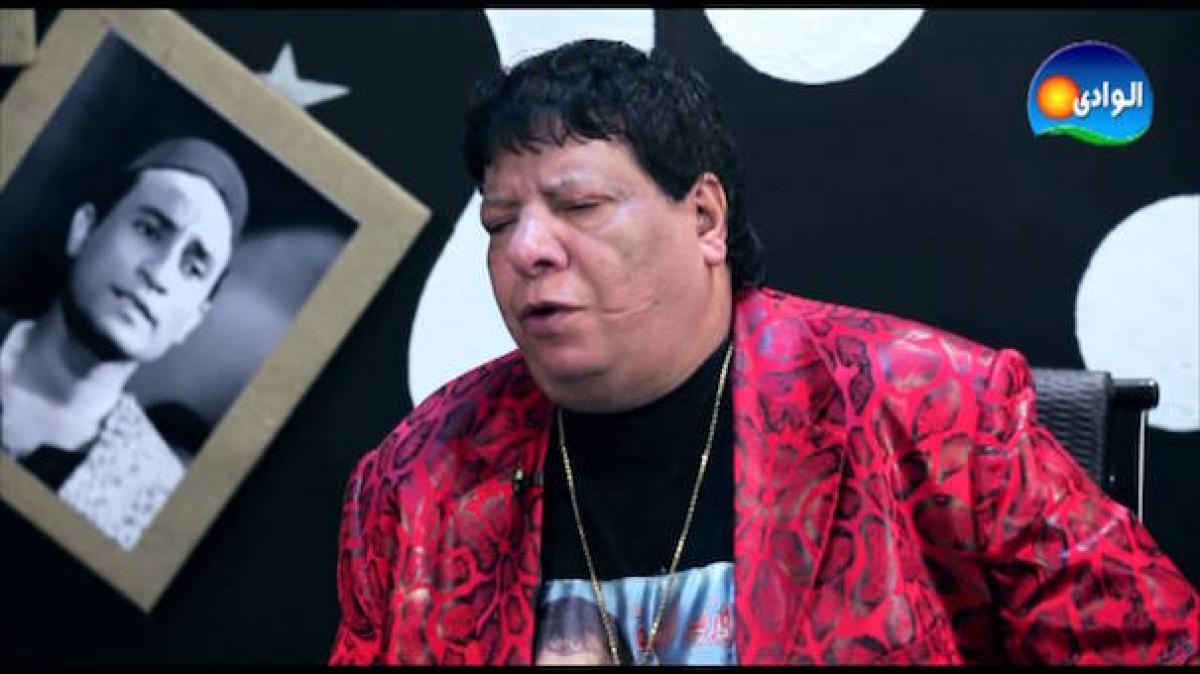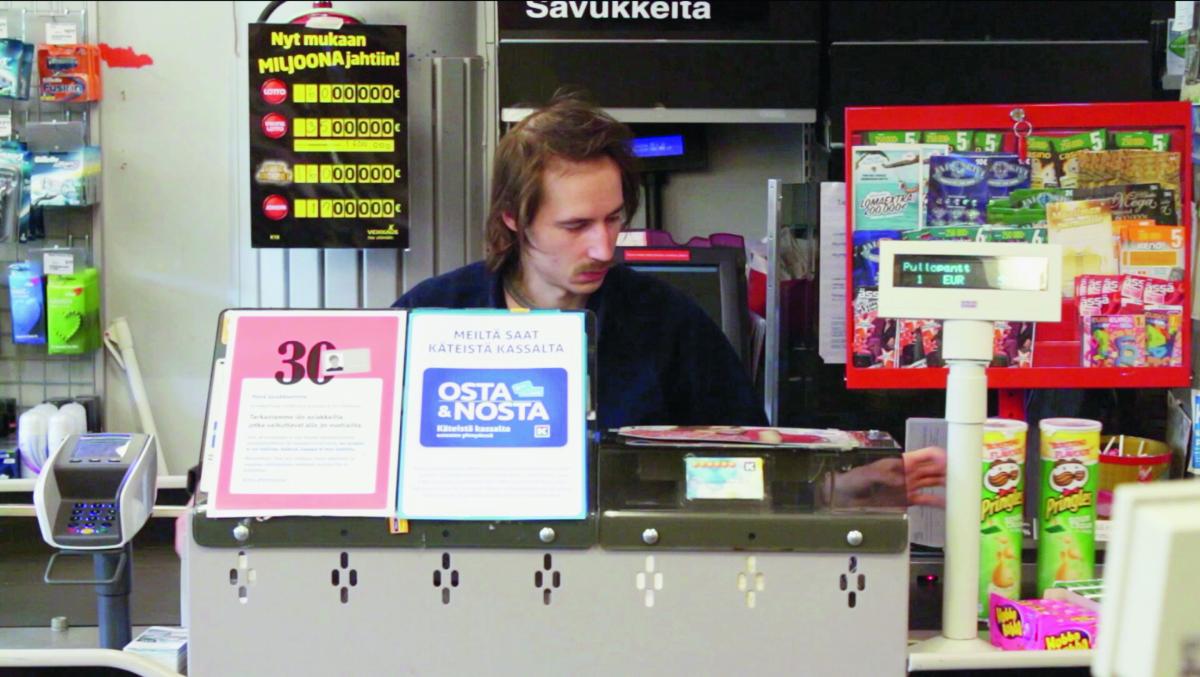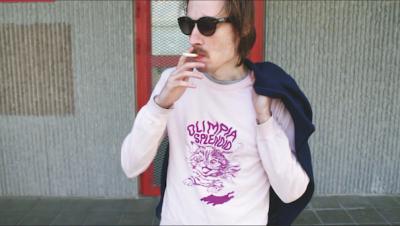
The Korean Reggae Missionary
Music of South Korea has become known worldwide via Psy's «Gangnam style», that belongs to the mainstream music of k-pop. Locally, the interest for different and diverse music styles is growing. Since his first contact with reggae and dancehall, M.TySON (Young Kyung Kwon) is deeply touched by this music and is working on developping an authentic style. A short portrait.
M.TySON – bold and with a chin-beard he looks more like a warrior coming straight out of a film – is a charismatic personality that seems to be taciturn. But once we started our conversation on music, he turned into a person who is obviously engaged in the serious affair of bringing dancehall to South Korea. His biography is rather unusual: he went to school in Taiwan, HongKong and Korea as well as in New Jersey and studied English literature in Seoul and music business in New York. He starts out to talk about the general situation of reggae in South Korea. Reggae had a first boom in the 1990’s with groups like UB40, a style that is closer to the trend that links the music to the Caribbean, and therefore to sun, beach and fun. Besides, the first artists he met and that influenced his style are Shaggy and Sean Paul.
His first real encounter with reggae music was during a visit to the Bahamas where he got into contact with the «spirit» of reggae, a deep, kind of «wild», authentic music that touched him deeply. He returned to South Korea determined to seize this music style so that he could also reach out to the auditors. His studying of English poetry reinforced his love for strong wording and he started to write his own lyrics entering into Rap and hiphop at university.
A second decisive encounter with reggae music happened during his studies in New York where he assisted at how the public gets swayed by deep reggae/dancehall. He deliberately looked for the company of Jamaican people in order to learn more about the spirit of this music that inspires the public to the point that everybody would get on his feet. Having merged into a new world, he was convinced that he would have to learn this music that touches everybody so deeply that you want to join the movement. He studied authentic music from Jamaica, trying to learn their way of expression.
With a wide range of styles, he is said to be one of the rare singers who has got a voice that allows to express the deep vibration, the deep emotion conveyed by reggae, but also dancehall and various subgenres. Back in Seoul, he starts his career in 2012 with «Booby Trap».
In February 2015, he travelled to Jamaica to continue his investigation. There he met Earl «Chinna» Smith, the former guitarist of Bob Marley and the Wailers, who runs a studio in Jamaica where he could train in rhythms and in acting out reggae feeling. Some of his experience went into his most recent music video «My Ting» with quite a different style after having been to Jamaica. While earlier songs like «Lion King» do have a smooth reggae rhythm, «Booby Trap» already announced the change of mood that came along with the most recent songs like «Easy Come Easy Go» (01/2015) towards a more serious tone, partly dragging into Jamaican feeling.
«My Ting» released after his trip confirms this change in his work. The video shows M.TySON in a tunnel, suggesting the symbolic signification of finding one’s way, moving onwards towards the light, the future, gaining knowledge on the way. The lyrics are a statement about the artist’s position: he has connected with the roots of reggae music and will do his «own thing»: He will start a revolution, in the spirit of reggae. The song is a statement about his own positioning in the music scene of South Korea: he considers himself to be a missionary bringing reggae – the music that touches heart and soul – to South Korea, music that might raise consciousness for social issues. It is therefore not surprising, that he appreciates having had a chance to work at the Earl «Chinna» Smith’s studio whose statement about reggae – «Reggae is the weapon for the future» – M.TySON repeats with thoughtful respect. So besides the first impression of reggae that touches the public as being-in-a-good-mood music, M.TySON turns towards the deep spirit of Jamaican reggae: a critical sight of society, corruption, racism, touching critical points in order to imagine and bring about a better future.
With the yearly festival Rise Again and deeply involved artists like M.TySON, reggae will for certain gain more followers – a music with heart and soul.
Biography
Published on November 13, 2015
Last updated on April 10, 2024
Topic
About the ups and downs of cross-cultural creativity: Korean reggae, vaporwave, and the worldwide Hindu Holi festival.


